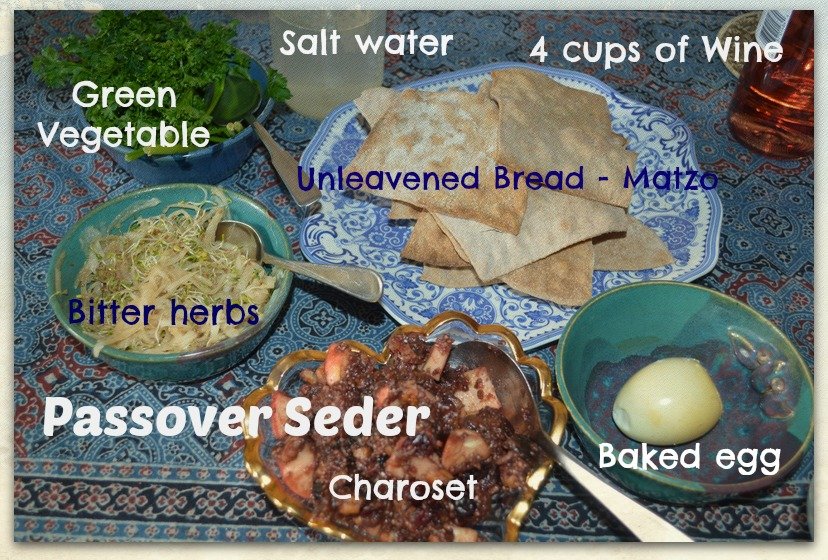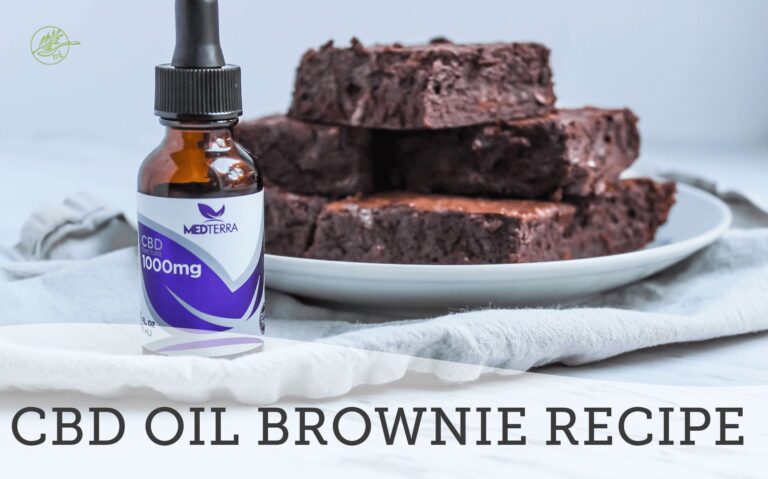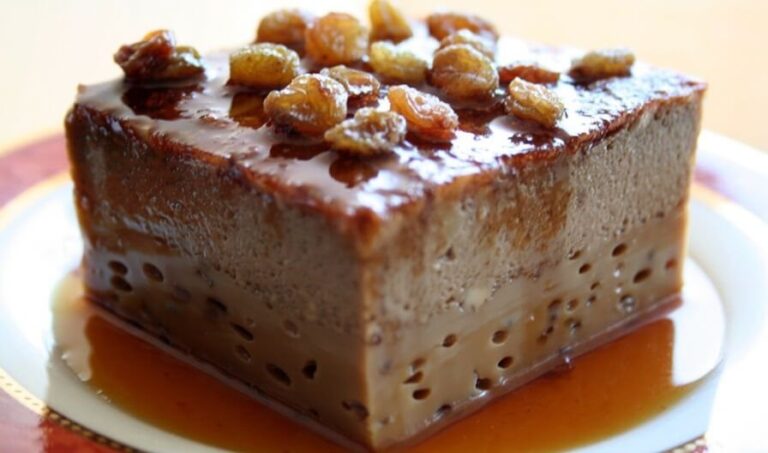Bitter Herbs Passover Recipes: A Delightful Twist For The Seder
Looking for some delightful Passover recipes featuring bitter herbs? You’re in luck! In this article, we’ll explore a range of tantalizing options that embrace the bittersweet flavor profile of herbs like horseradish, endive, and dandelion greens. Whether you’re hosting a Passover Seder or simply looking to add some depth to your holiday menu, these bitter herbs Passover recipes will surely impress. So, let’s dive right in and discover how to incorporate these unique flavors into your culinary creations!
Bitter Herbs Passover Recipes
Passover, also known as Pesach, is a significant Jewish holiday that commemorates the liberation of the Israelites from slavery in Egypt. During this time, families gather to celebrate with a festive meal called the Seder. The Seder includes various symbolic foods, with bitter herbs being an important element.
Bitter herbs play a significant role in the Passover Seder as a reminder of the bitter hardships endured by the Israelites during their enslavement. They symbolize the bitterness of slavery and serve as a reminder of the sweetness of freedom. In this article, we will explore some delicious and traditional bitter herbs Passover recipes that you can incorporate into your Seder meal.
1. Maror Salad
Maror, meaning bitter herb, is often represented by horseradish during the Passover Seder. Incorporating horseradish into a refreshing salad is an excellent way to balance the bitterness and add a burst of flavor. Here’s a simple recipe for a maror salad:
- Ingredients:
- 2 cups shredded romaine lettuce
- 1 cup grated horseradish
- 1/2 cup chopped fresh parsley
- 1/4 cup extra virgin olive oil
- 2 tablespoons apple cider vinegar
- 1 tablespoon honey
- Salt and pepper to taste
- Instructions:
- In a large bowl, combine the shredded romaine lettuce, grated horseradish, and chopped fresh parsley.
- In a separate small bowl, whisk together the extra virgin olive oil, apple cider vinegar, honey, salt, and pepper.
- Pour the dressing over the salad and toss well to combine.
- Adjust the seasoning according to taste.
- Refrigerate for at least 30 minutes before serving to allow the flavors to meld together.
2. Charoset with Bitter Herbs
Charoset, a sweet and fruity paste, is a staple on the Seder plate. Including bitter herbs in charoset adds depth to the flavor profile and further symbolizes the bitterness experienced by the Israelites. Here’s a unique recipe for charoset with bitter herbs:
- Ingredients:
- 2 medium apples, peeled, cored, and finely chopped
- 1 cup chopped walnuts
- 1/4 cup sweet red wine
- 2 tablespoons grated horseradish
- 1 tablespoon honey
- 1/2 teaspoon ground cinnamon
- 1/4 teaspoon ground cloves
- Instructions:
- In a medium-sized bowl, combine the chopped apples and chopped walnuts.
- Add the sweet red wine, grated horseradish, honey, ground cinnamon, and ground cloves.
- Mix well until all the ingredients are evenly coated.
- Cover the bowl and refrigerate for at least one hour to allow the flavors to meld together.
- Stir before serving and adjust the sweetness or spiciness according to your preference.
3. Bitter Herb Pesto
Transforming bitter herbs into a flavorful pesto sauce is another creative way to incorporate them into your Passover meal. This pesto can be served over roasted vegetables, matzo, or as a dip with unleavened bread. Here’s a simple recipe for bitter herb pesto:
- Ingredients:
- 2 cups packed bitter herb leaves (such as dandelion greens or watercress)
- 1/2 cup toasted pine nuts
- 2 cloves garlic, minced
- 1/2 cup extra virgin olive oil
- 1/2 cup grated Parmesan cheese (optional, omit for a dairy-free version)
- 1 tablespoon lemon juice
- Salt and pepper to taste
- Instructions:
- In a food processor or blender, combine the bitter herb leaves, toasted pine nuts, and minced garlic.
- Pulse a few times to chop the ingredients.
- While the processor is running, slowly drizzle in the extra virgin olive oil until a smooth paste forms.
- Add the grated Parmesan cheese (if using) and lemon juice. Pulse briefly to combine.
- Season with salt and pepper according to taste.
- Transfer the pesto to a jar or container and refrigerate until ready to use.
4. Bitter Herb-infused Chicken Soup
Enhance the flavor of your traditional chicken soup by infusing it with bitter herbs. This comforting and aromatic soup will add a unique twist to your Passover meal. Here’s a recipe for bitter herb-infused chicken soup:
- Ingredients:
- 1 whole chicken, approximately 3-4 pounds
- 2 onions, chopped
- 4 carrots, sliced
- 4 celery stalks, sliced
- 4 cloves garlic, minced
- 2 bay leaves
- 1 bunch fresh parsley
- 1 bunch fresh dill
- 1 cup packed bitter herb leaves (such as endive or arugula)
- Salt and pepper to taste
- Instructions:
- In a large soup pot, place the whole chicken and cover with water.
- Add the chopped onions, sliced carrots, sliced celery, minced garlic, bay leaves, fresh parsley, fresh dill, and bitter herb leaves.
- Season with salt and pepper.
- Bring the soup to a boil, then reduce the heat and simmer for approximately 1.5 to 2 hours, until the chicken is cooked through and the flavors have melded together.
- Remove the chicken from the pot and allow it to cool slightly.
- Once the chicken is cool enough to handle, remove the meat from the bones and shred it into bite-sized pieces.
- Return the shredded chicken to the pot and simmer for an additional 15 minutes.
- Taste the soup and adjust the seasoning if necessary.
- Discard the bay leaves and any large stems from the herbs before serving.
These bitter herbs Passover recipes are not only delicious, but they also add a symbolic and meaningful touch to your Seder meal. By incorporating these traditional flavors, you can create a memorable and enjoyable experience for your family and guests. Remember to customize the recipes according to your taste preferences, and enjoy the unique flavors of Passover!
Learn How to Prepare the Bitter Herbs for Passover Meal #Passover2023
Frequently Asked Questions
What are some traditional bitter herbs Passover recipes?
Traditional Passover recipes often include bitter herbs as a reminder of the bitter experiences of the Israelites in Egypt. Here are a few popular Passover recipes featuring bitter herbs:
How can I use horseradish in Passover recipes?
Horseradish is commonly used on the Seder plate as the bitter herb. In Passover recipes, you can grate fresh horseradish and mix it with vinegar or lemon juice to create a pungent and flavorful sauce. It is often served with gefilte fish or used as a condiment for roasted meats.
What are some bitter herb salads for Passover?
If you prefer a lighter option, bitter herb salads are a great choice for Passover. One popular recipe is a mixture of romaine lettuce, endive, radicchio, and arugula, dressed with a tangy vinaigrette and topped with chopped dill and parsley. Another option includes bitter greens like chicory and dandelion tossed with lemon juice and olive oil.
How can I incorporate bitter herbs into Passover side dishes?
Bitter herbs can add depth of flavor to a variety of Passover side dishes. For example, you can sauté Swiss chard or kale with garlic and olive oil until wilted, then season with salt and pepper. Alternatively, you can toss roasted asparagus with a mixture of lemon zest, chopped parsley, and a sprinkle of grated horseradish.
Are there any bitter herb desserts for Passover?
While bitter herbs are more commonly used in savory dishes, you can still incorporate them into Passover desserts. One idea is to infuse a bitter herb, like thyme or rosemary, into a simple syrup and drizzle it over a fruit salad or a flourless chocolate cake. Alternatively, you can sprinkle a small amount of finely chopped bitter herbs over a citrus sorbet for a refreshing finish to your Passover meal.
Final Thoughts
Bitter herbs hold a significant place in Passover traditions, adding a symbolic taste to the festive meal. Incorporating these herbs into delicious recipes can create a memorable and meaningful Passover experience. From the classic horseradish-infused maror to tangy salads with endive, radicchio, and arugula, there is a wide range of options to explore. Bitter herbs passover recipes offer a balance of flavors and a touch of bitterness that commemorates the Israelites’ journey from slavery to freedom. Whether it’s a flavorful herb-packed matzo ball soup or a vibrant herb salsa, these recipes bring depth and character to the Passover table. Enjoy the rich heritage of Passover with these bitter herbs-infused recipes!




